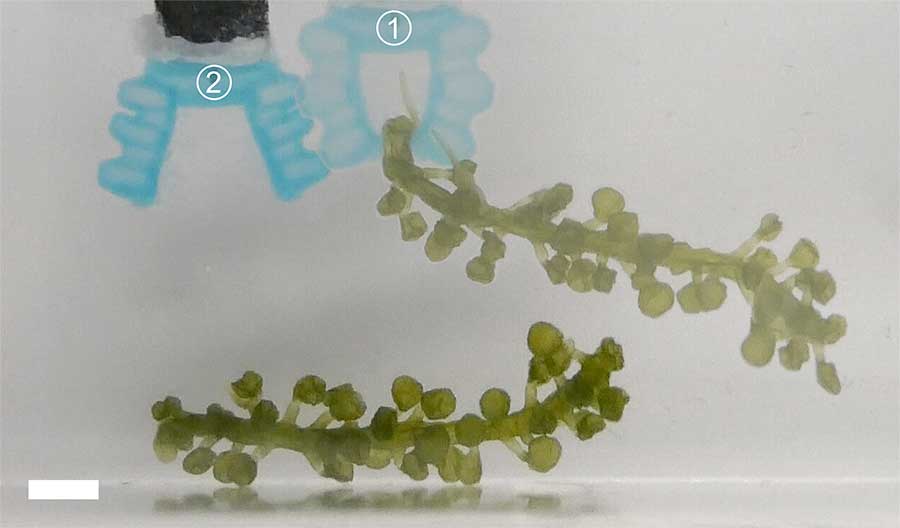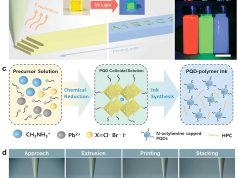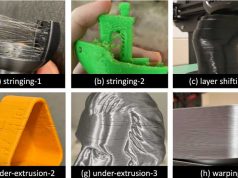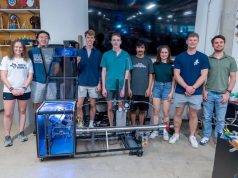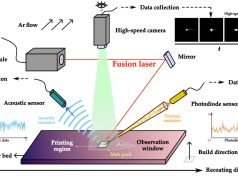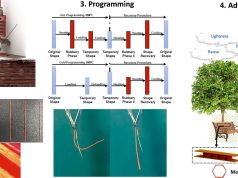Traditionally, soft robots are made from synthetic polymers, rubber and plastics. Such materials give soft robots long life and stable structures, but can pose a risk to the environment if lost or damaged during use. Researchers are trying to minimize this risk by developing new ways to build naturally degradable robots.
An interdisciplinary team at Carnegie Mellon University is developing new methods for making biodegradable actuators for maritime applications. They are using a bio-ink derived from materials derived from common brown algae. The research team has identified designs and printing parameters that make it possible to print waterproof structures using the FRESH printing method.
The research team’s approach enables the fabrication of small, very soft actuators that can expand, bend and twist. They can also be combined into structures for gripping and positioning.
The seaweed-based inks used by the research team rely on calcium to form cross-links and create gels. This allowed the researchers to use the material properties to create actuators that can change shape and stiffness by varying the degree of cross-linking in the actuators.
In addition to their robotic functionality, the actuators are fully biodegradable, decaying under natural marine conditions within seven days. The actuators can also be safely consumed by marine organisms. This means they pose minimal risk to the environment if lost or damaged during use.
The research team hopes to better understand the actuators’ performance in natural environments and extend this pressurized approach to full robotic structures.
More can also be found in the scientific paper “Biodegradable, Sustainable Hydrogel Actuators with Shape and Stiffness Morphing Capabilities via Embedded 3D Printing,” which appeared in Advanced Functional Materials.
Subscribe to our Newsletter
3DPresso is a weekly newsletter that links to the most exciting global stories from the 3D printing and additive manufacturing industry.



